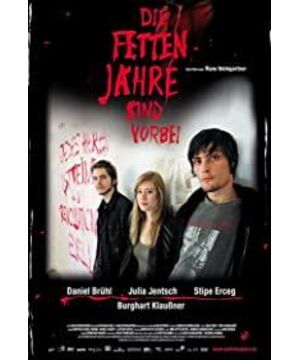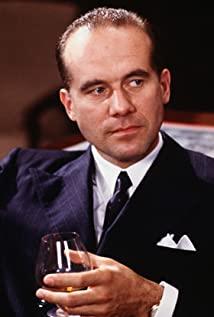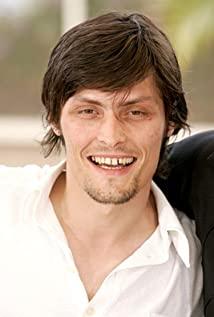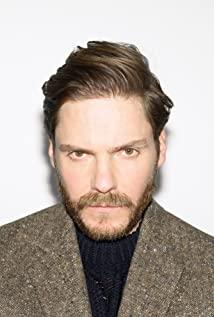(Spoiler) "The Great Educator" is the signature of Peter and Jan on the threatening letter. They broke into the home of the rich, didn't steal, only made trouble, filled the toilet with antique toys, put the audio equipment in the refrigerator, and put down a letter that said "good days are over!" This is their social struggle to make the rich who exploit the lower class through capitalism psychologically uneasy.
But is this education? Can those rich people understand how global capitalism exploits the poor? Will they reflect on what they have done and the system they support, teaching the poor to become poorer and the rich to become richer? It is obvious that those rich people who are shocked when they return home after vacation choose to call the police rather than reflect.
The friendship and struggle of the brothers collapsed even more because they broke into a "sister-in-law". Originally, the two boys engaged in guerrilla resistance. Jan had a weird temper and studied electronic machinery on his own. Peter was usually happy with his girlfriend Jule. Unexpectedly, Jule dragged Jan to improvise for revenge and venting his anger; Jan's had wrong thoughts about the "righteous wife" and made mistakes again and again. As a result, the "play-and-do" encounters Hardenberg, the owner of the house, going home, knocks out first, then calls people, and kidnapped the unfortunate rich man in desperation. Ideals, justice, and infiltrating selfish desires are the beginning of depravity.
The four people walking to the cabins in the mountains are the meat of "education." Hardenberg was originally a student activist 30 years ago, but today he is full of fat and unkind. A breakfast debate should be used as a general education textbook, concisely explaining the views of both sides supporting and opposing the "capitalist free economy":
There are dead bones on the road, and Zhumen's wine and meat are smelly. Injustice!
But is it a crime for "Zhumen" to have money to buy extra food? The rich are those who can seize the opportunity! Everyone has a chance, it depends on whether you work hard.
Really, many people in poor countries can't enjoy this equal opportunity.
But being born in a rich country is not wrong. The opportunity is ahead, is it wrong to fight for it?
But this unequal system is man-made, and it is also the work of the rich to maintain...
With three-to-one, the protagonist's card seems to have the upper hand, and the proposition is also justified. Wait a minute, Hardenberg's ability to make a lot of money is certainly not a fuel-efficient lamp. I have seen the ambiguous relationship between the three protagonists early on. When appropriate, he will pick up the left and the right, and don't forget to explain to the audience why he abandoned the revolutionary ideals in the past: Big boss, come out and do it for a few years. Don't you need money to get married? Raising the first family must choose a stable and stable road, is it a mi? The current talk caught the voice of many viewers, and was swept away by the depression of the three protagonists. Shh~
Then the ambiguity of the three protagonists finally put on a pot, the relationship broke down, Hardenberg drank coffee and watched the big show. Ugh. What ideal? Peter was so angry that he left; Jan thought he was a bad guy too, and was ashamed of social justice, so he cried in a hurry. This is really the shadow of death for the passionate youth. Jeff Buckley sang " Halelujah " immediately...
Originally written by Leonard Cohen, this poem whispers the broken and fallen man, still praising God, and there is a ray of hope in the broken darkness. Shige quoted the allusions of David and Samson, the heroic life is decay and lust, just like Jan, just like the romantic Cohen himself.
What is the light of hope? It is love and forgiveness. When Peter came back, the three decided to send Hardenberg home, and Hardenberg also said that he would not blame the past.
Hardenberg returned to his familiar environment, still unable to restrain the call. The police broke into Peter and Jan's home empty, only to find a statement: "Some people can never change."
In the post-screening discussion, some expressed that they could not agree with the protagonist's position and actions, thinking that their ideas were vague, superficial, impractical, and only posture. But in terms of reality, there is nothing more popular than the phrase "giving food." But in order to ensure that you have food, you don't hesitate to not have food for others, this is the problem, this is selfishness.
Of course, the protagonist's criminal behavior is not worth imitating, and it has no practical effect. But their commitment to society and their dedication to justice are still worthy of recognition. It's a pity, how many people keep in mind Hardenberg's self-defense "to feed the family" logically, and talk about masturbation?
View more about The Edukators reviews











